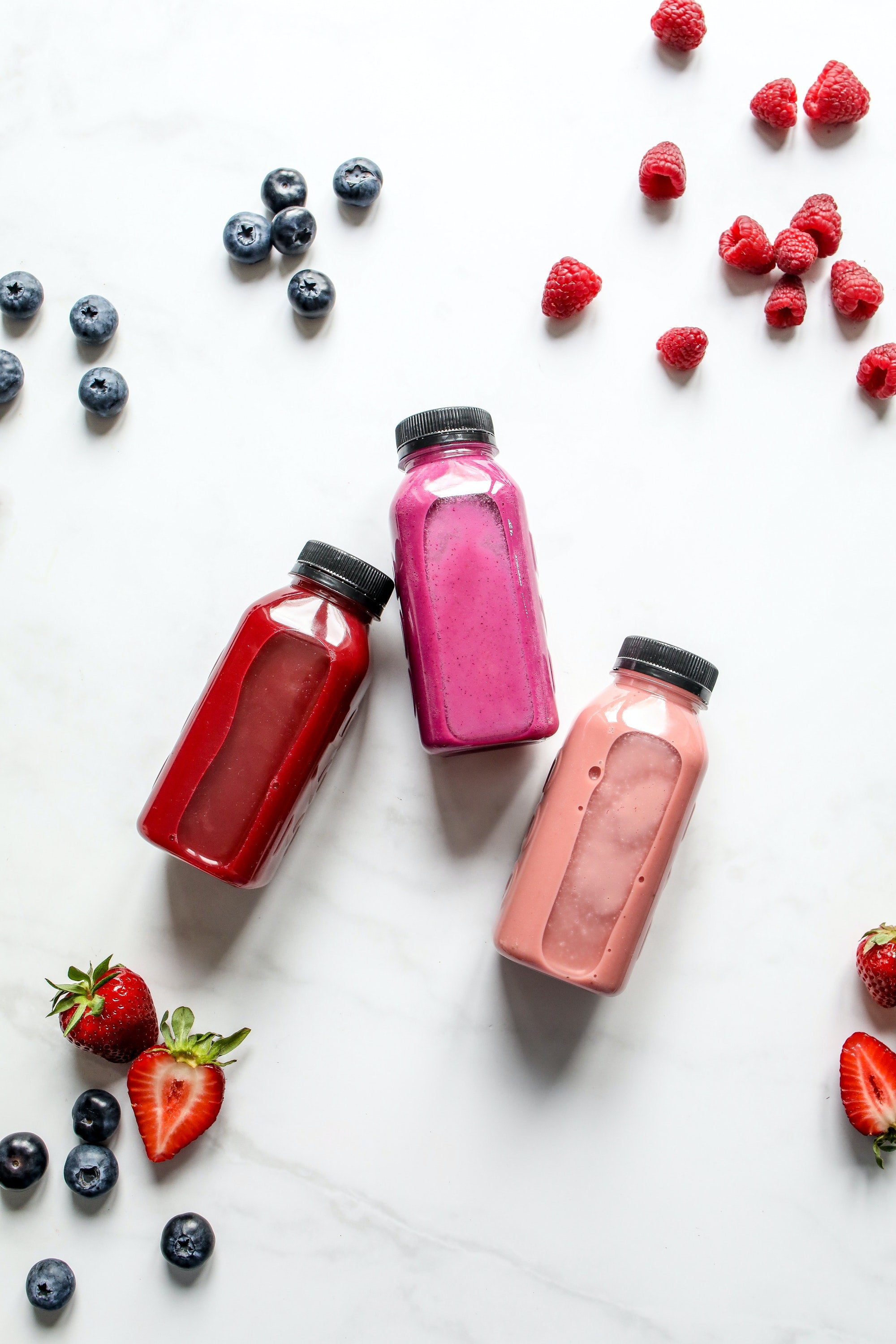Is it OK to take 1000 mcg B12 daily?
If you are looking to supplement your diet with vitamin B12, you may be wondering about the ideal dosage. B12 is an essential vitamin that plays a crucial role in various bodily functions, including red blood cell production, DNA synthesis, and nerve function. While the recommended daily intake of B12 is relatively low, many people choose to take higher doses for various reasons. In this article, we will explore the question, "Is it OK to take 1000 mcg B12 daily?" and provide you with all the information you need to make an informed decision.
What is vitamin B12?
Vitamin B12, also known as cobalamin, is a water-soluble vitamin that is essential for various bodily functions. B12 plays a crucial role in the production of red blood cells, DNA synthesis, and nerve function. The body cannot produce B12, so it must be obtained from food sources or supplements.
What are the benefits of taking vitamin B12?
There are numerous benefits associated with taking vitamin B12 supplements. Some of the most notable benefits include:
- Increased energy levels
- Improved mood
- Enhanced cognitive function
- Lowered risk of heart disease
- Reduced risk of birth defects
- Improved bone health
Can you take too much vitamin B12?
While vitamin B12 is water-soluble, meaning the body excretes excess amounts in urine, taking too much can still lead to adverse effects. There is no established tolerable upper intake level for B12, but taking high doses for extended periods can lead to symptoms such as acne, headaches, and insomnia. Studies have demonstrated that daily oral supplements of up to 2 mg (2,000 mcg) are safe and effective.
Is it OK to take 1000 mcg B12 daily?
Taking 1000 mcg of vitamin B12 daily is generally safe for most people. The NIH states that there are no adverse effects associated with high doses of B12. However, it is important to note that taking higher doses of B12 will not necessarily provide any additional benefits beyond what is achieved with the recommended daily intake.

Who should consider taking vitamin B12 supplements?
Vitamin B12 deficiency is relatively common, particularly among older adults and vegans or vegetarians who do not consume animal products. People with gastrointestinal disorders that affect nutrient absorption may also be at risk of B12 deficiency. If you fall into any of these categories, you may want to consider taking a vitamin B12 supplement.
What are the best food sources of vitamin B12?
If you prefer to get your nutrients from whole foods rather than supplements, there are plenty of foods that are rich in vitamin B12. Some of the best sources include:
- Beef liver
- Clams
- Fish (salmon, tuna, trout)
- Dairy products (milk, cheese, yogurt)
- Eggs
- Vitamin B12 Water
- Fortified breakfast cereals
Can vitamin B12 supplements interact with other medications?
If you are taking any medications, it is essential to speak with your healthcare provider before taking vitamin B12 supplements. B12 supplements can interact with certain medications.


Share:
Aluminum Cans vs. Plastic Bottles: Which is Better for the Environment?
What Does 3 Weeks of No Alcohol Do to Your Body? The Amazing Benefits You'll Experience!